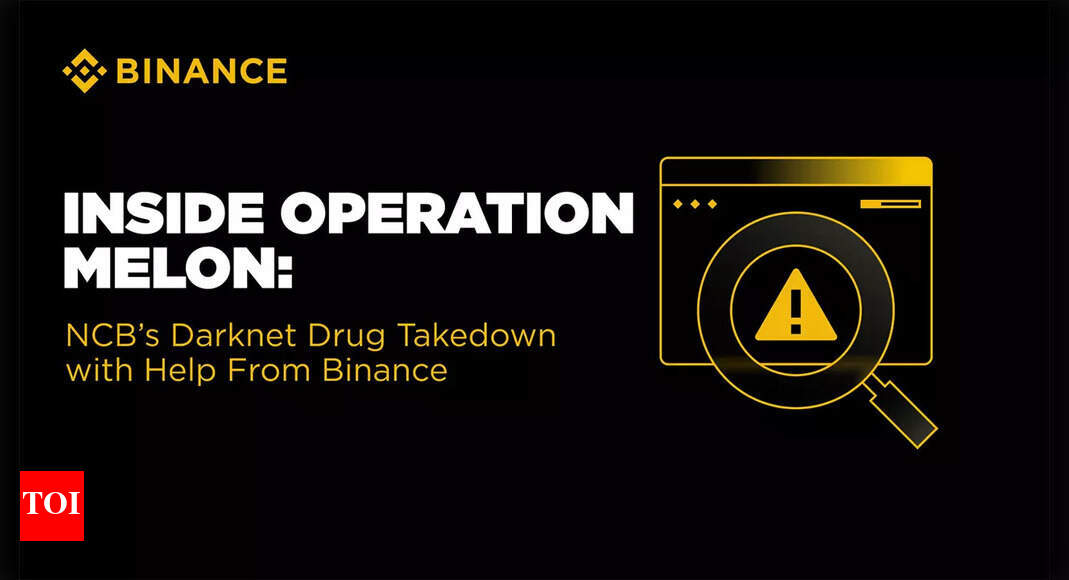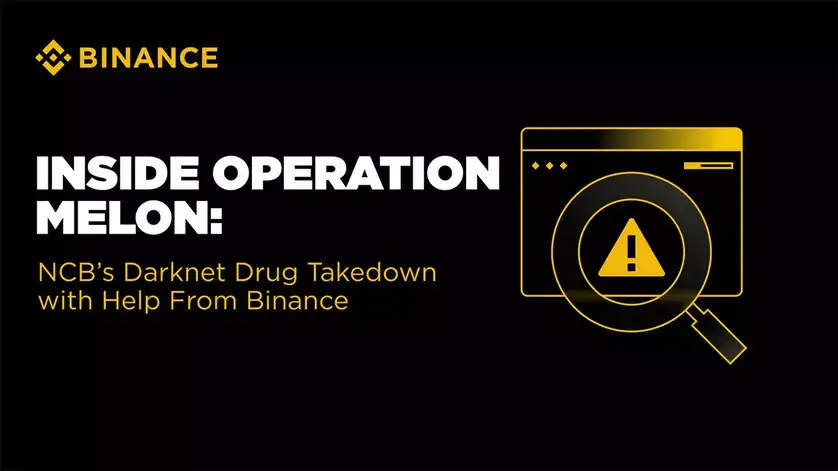[ad_1]
Indian authorities have brought down one of the country’s most advanced darknet drug syndicates, exposing a chilling intersection of technology, global supply chains, and narcotics trafficking. At the centre of the operation was Edison Babu, a former engineer whose alias, “Ketamelon,” had grown into India’s most advanced darknet marketplace vendor, rivalling international cartels in both scale and stealth.In July 2025, the Narcotics Control Bureau (NCB) launched Operation Melon, unmasking Babu as the country’s only “Level-4 darknet vendor”, a rare criminal designation denoting top-tier operators. The case has since been described by investigators as a watershed moment in India’s fight against tech-enabled crime.Crypto trails and platform cooperationThe takedown highlighted the crucial role of global collaboration. Binance, one of the world’s largest cryptocurrency exchanges, joined forces with the NCB and industry body Data Security Council of India (DSCI) to trace digital transactions and identify the criminal network. For years, criminals have leaned on cryptocurrencies under the assumption of anonymity. However, experts stress that blockchain records when combined with investigative tools and exchange cooperation, can become powerful instruments of accountability. The Edison Babu case demonstrated exactly that.“Criminals may operate in the shadows of the darknet and use privacy coins, thinking they’re invisible, but they inevitably leave digital traces. By leveraging advanced analytics and working hand-in-hand with investigators and other stakeholders, we helped trace and freeze those illicit funds. Binance remains committed to proactively supporting such operations to ensure bad actors are brought to justice and to keep the crypto ecosystem safe for everyone,” said Nils Andersen-Röed, Global Head of Financial Intelligence Unit (FIU), Binance.The double life of Edison BabuBabu’s story adds a dramatic human dimension to the case. An engineer by training, he worked at prominent firms in Pune, Bengaluru, and Mumbai before returning to Kerala. After a brief stint running a restaurant in Aluva that shut down during the COVID-19 pandemic, he retreated into the shadows of the dark web.Behind the modest exterior of a family man, Babu ran a fully digitised narcotics enterprise. Operating under the handle “Ketamelon,” he processed orders for party drugs on multiple darknet marketplaces, coordinated deliveries over encrypted channels, and accepted payments exclusively in cryptocurrency. Even his family, including his wife, remained unaware of his clandestine activities.Postal loopholes, digital precisionThe ingenuity of Babu’s empire lay in its use of everyday systems. Synthetic drugs sourced from international suppliers, including a figure known as “Gunga Din,” believed to have links to the cartel “Dr. Seuss”, arrived at Kochi’s Foreign Post Office. From there, Babu repackaged consignments into smaller parcels with fake sender identities and distributed them through domestic courier networks.Investigators later revealed how Babu combined postal infrastructure with advanced digital tools. He relied on TAIL OS, an operating system designed to erase traces of activity, and funnelled funds through privacy-focused cryptocurrencies such as Monero. Despite such precautions, authorities pieced together a mosaic of evidence from blockchain analysis, parcel seizures, and surveillance.The ultimate crackdownThe breakthrough came in late June, when officials intercepted three drug-laden parcels in Kochi. Subsequent raids at Babu’s residence uncovered narcotics, high-end electronics, fake IDs, packaging material, and cryptocurrency wallets. The total haul was estimated at over INR 1 crore.The case was not limited to India. International collaboration, particularly the crypto analytics provided by Binance, played a decisive role. Around INR 70 lakh worth of digital assets were seized, proving once again that technology, while vulnerable to misuse, can also become a critical weapon in countering crime.Why this case mattersThe fall of “Ketamelon” has become a turning point in India’s digital crime landscape. It dismantled the myth of untraceable cryptocurrencies and highlighted the growing convergence between law enforcement and private-sector compliance teams.For the NCB, it was a demonstration of how traditional investigative methods, such as surveillance, raids, and parcel checks, can be enhanced by digital intelligence. For Binance, it was an opportunity to reaffirm that blockchain’s transparency, when combined with global cooperation, can serve as a force for accountability.As India intensifies its war against darknet-fueled narcotics, the Ketamelon case will likely be remembered as a blueprint, both for criminals attempting to exploit digital anonymity and for investigators determined to expose them.Disclaimer: This article has been produced on behalf of Binance by Times Internet’s Spotlight team.
[ad_2]
Source link




